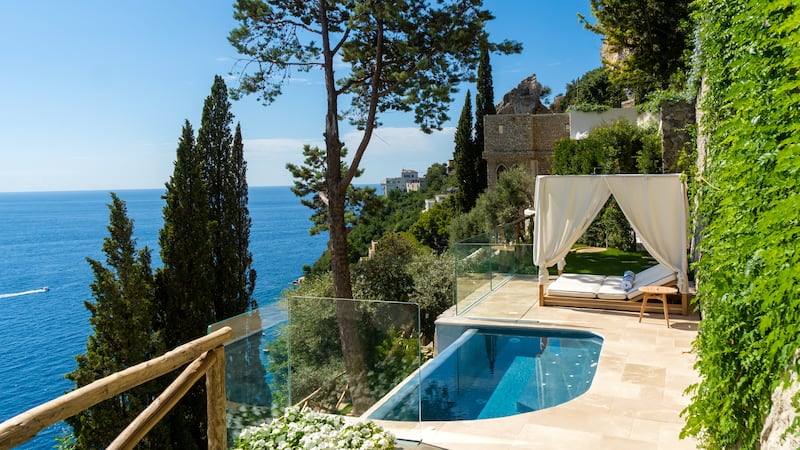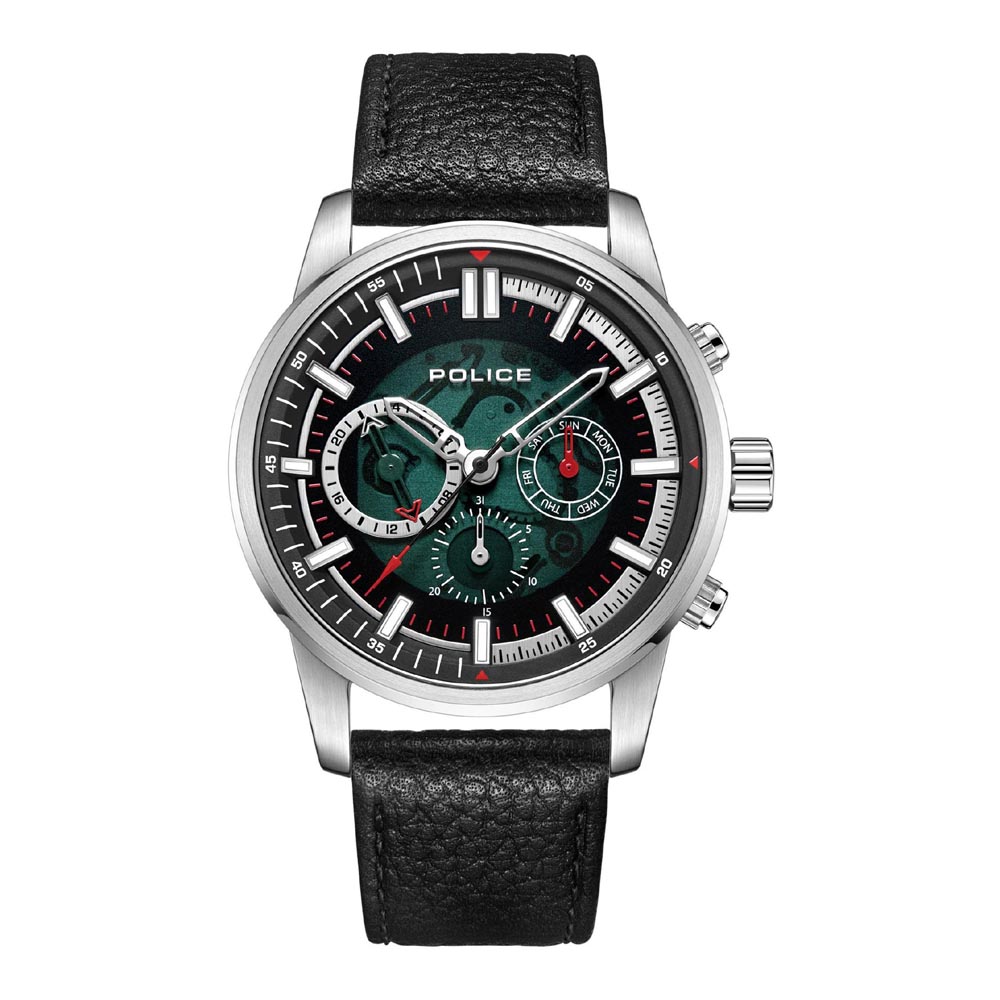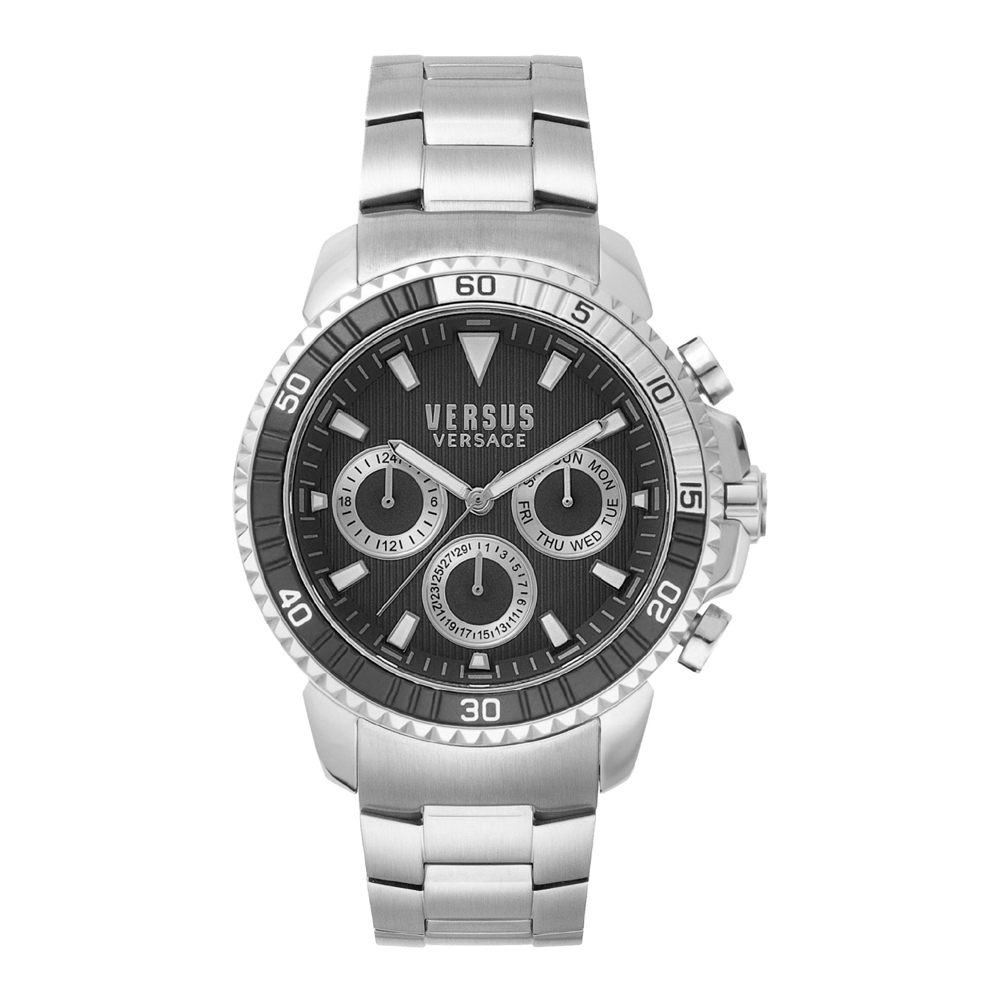What began as whispers among luxury travellers and advisors has now reached a dull roar. What the hell has happened to hotel prices? And are they ever going to come back down to Earth?
I’ll cut to the chase: They went crazy, and it’s unlikely.
At a time when demand for luxury goods is sharply down and consumers are shifting spend to experiences, the hotel industry is reaping the rewards, and pricing its offerings accordingly. Virtuoso, the world’s leading network of luxury travel agencies, said the average daily rate (ADR) at its partner hotels hit $1,540 in 2024.
If that number made you do a double take, you haven’t tried booking a hotel room on the Amalfi Coast this summer. If it didn’t, you’ve become inured to the sticker shock. According to Brooke Lavery, a co-founder of the luxury travel agency Local Foreigner, “the people who are shocked are those who haven’t traveled in a few years. They think $1,000 a night is expensive, but it’s hard to find that $1,000 room now.”
By and large, rates at luxury hotels in top destinations around the world are 25 to 30 percent higher today than they were in 2019. This August, the average daily rate at Hotel La Palma in Capri is €3,200 ($3,771); at Canaves Oia Suites in Santorini it’s €3,973 ($4,590); and at Borgo Santandrea on the Amalfi Coast it’s €4,435 ($5,070). If you were ready to spend €9,950 ($11,510) for a room at Hôtel du Cap-Eden-Roc in Antibes, I’m afraid you’re out of luck. The hotel is sold out.

How did we get here? It started with the pandemic, whose impact on the industry cannot be overstated, especially when it comes to fixed costs and labour.
During Covid, fixed costs — both big and small — skyrocketed. According to Francois Delahaye, chief operating officer at the Dorchester Collection, before 2019, the annual electricity bill for Hôtel Plaza Athénée in Paris was €900,000. In the years since, the cost spiked to €3,000,000 before settling today at €2,400,000. Even the cost of the luxurious bathroom soap in the rooms, which is shipped from China, increased 30 to 35 percent after Covid and has not come down.
As for labour, the legions of hotel employees around the world who were laid off during the pandemic spent their lockdown months wondering what kind of job they would return to when the world reopened. Those who weren’t laid off asked themselves a similar question, with both groups emerging from Covid less interested in back-to-back, 12-hour shifts, with no free weekend nights.
Delahaye, who kept all employees on staff throughout the pandemic, notes that “After Covid, people realized there’s life after work, and they want to be part of it. We had to increase salaries for people who wanted to leave, and we had to increase salaries to seduce a new generation of employees.” This helps to explain why a room at the Plaza Athénée that averaged €1,300 per night in 2019 now costs €1,900.
Of course, luxury travellers who had spent lockdowns watching Netflix while saving money were desperate to travel again, especially to perennial favourites like the Mediterranean, ADR be damned. Pent-up demand surged, and the market did what it does in such circumstances: It raised prices accordingly and dramatically.
Hoteliers were understandably thrilled at the revenue bonanza. And once prices reach such shareholder-electrifying heights, who wants to lower expectations and economic forecasts? But the market giveth, and the market taketh away.
As things settled into a new normal, customers started questioning whether they were getting value for their money, with complaints typically centred around service. When guests complain, “It’s almost always about the service,” says Jack Ezon, founder of the luxury travel agency Embark Beyond. “You want people to say, ‘It was expensive but it was worth it.’ When hotels can’t deliver what they are promising by nature of the cost — which is dictated by the price — that’s a problem.”
I can’t tally how many conversations I have had with hoteliers the world over who bemoan how hard it is now to find the staff they know hold the key to a positive guest experience. Lauren Alba, vice president of marketing and communications for Leading Hotels of the World sums it up: “Retaining talent is super important, especially for luxury hotels, because they need to deliver the premium service that differentiates the five-star hotels.” Or, as Delahaye puts it, “Happy employees make guests happy.”
Guido Fiorentino, the fifth-generation owner of the Grand Hotel Excelsior Vittoria in Sorrento, tells me that “we still have high prices for the top market, but clients are more sensitive to the price and they want to know what is included, what the services are. They want a guaranteed upgrade, and a late checkout.” He has responded to this by adding more personalised services, like organizing a full Michelin-starred experience from their restaurant to the guest room, a request he sees more often because “people want more exclusivity, and life is so crazy people just want quiet.”

So while travellers, especially those at the top end of the market, continue to pay higher rates, they increasingly expect hotels to justify them by delivering more bang for the buck. And if prices look likely to remain high, that doesn’t mean the market isn’t softening and accounting isn’t getting tricky.
Rates may remain constant, but discounts abound, often disguised as promotional gimmicks and seasonal specials, like the popular “stay three nights and get the fourth free” offer seen even at the most expensive luxury hotels. At a rate of $2,500 per night, that means a four-night vacation will cost $7,500 instead of $10,000. That’s 25 percent off, only no one is going to call it that. Another common move: When they see empty rooms on the horizon, hotel sales executives proactively reach out to top travel advisors, enticing them to send their clients by offering upgrades and hotel credits. “It’s tactical and quiet,” says Ezon.
Complicating matters for hoteliers is how luxury travelers are planning ahead — as in, they’re not. Blame political instability and market fluctuations: Wealthy travellers are no longer booking vacations the way they used to. Year-ahead plans have become last-minute jaunts. August occupancy may look soft on the Amalfi Coast this year, but it remains to be seen whether it rebounds at the last minute.
Then there’s the matter of dynamic pricing. Taking a cue from airlines, hotels increasingly rely on dynamic pricing to set rates based on fluctuating demand and availability. “We will book a client at one rate, then the hotel has cancellations and the client sees a different rate online,” Lavery tells me. “It makes consumers feel like they have to play a game.” Why anyone thinks this is a good idea is beyond me. Travellers hate the airline industry, in no small part because of its infuriating pricing model.
Pavia Rosati is the founder of travel site and consultancy Fathom and the Substack newsletter Way to Go and the co-author of the “Travel Anywhere (And Avoid Being a Tourist)” book series.











